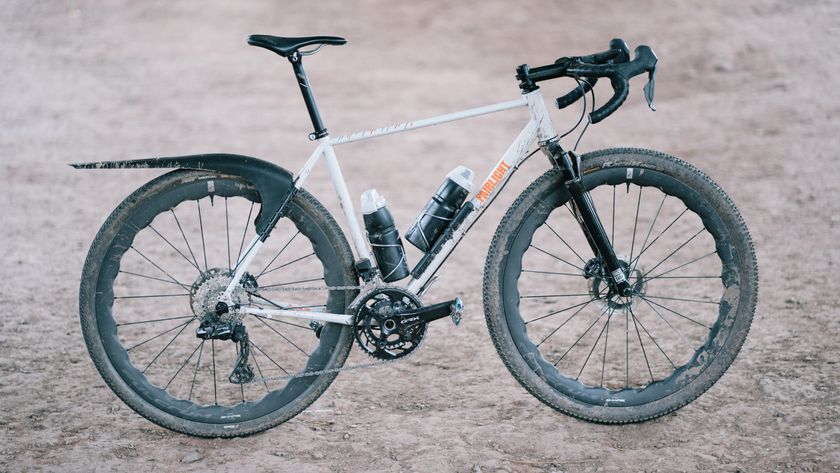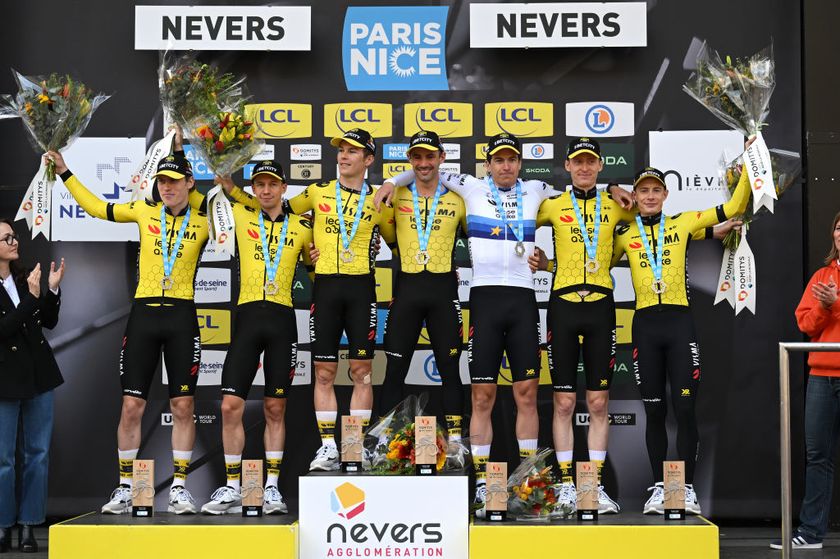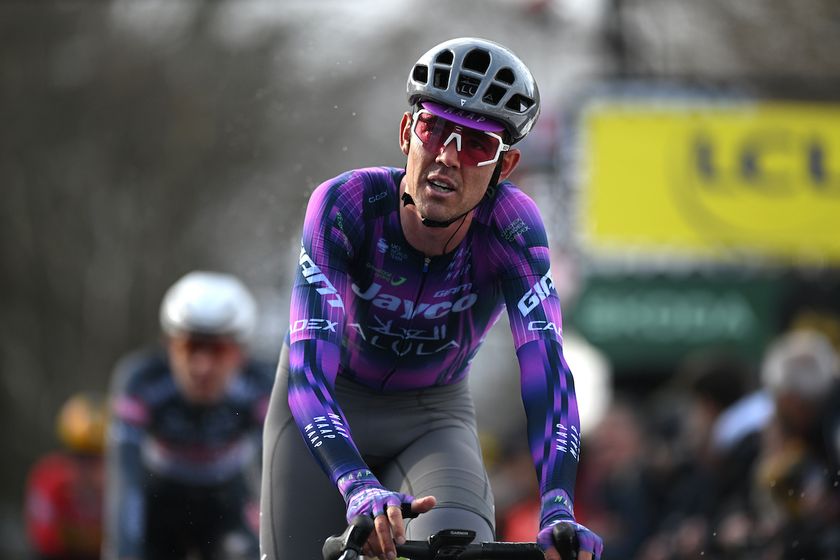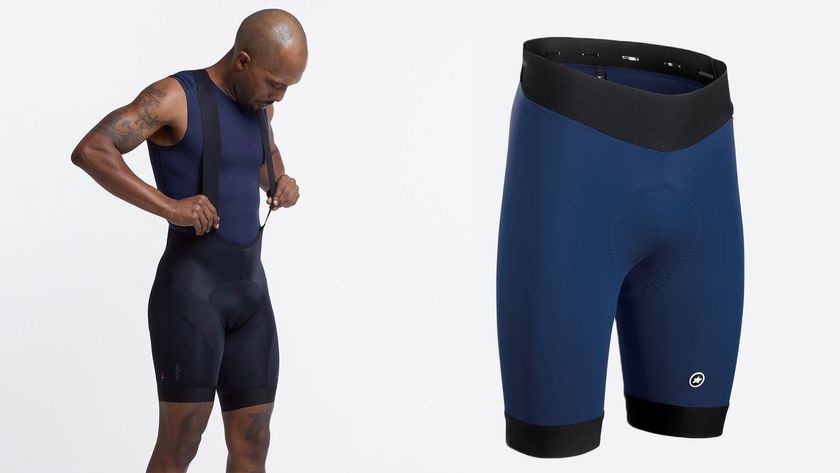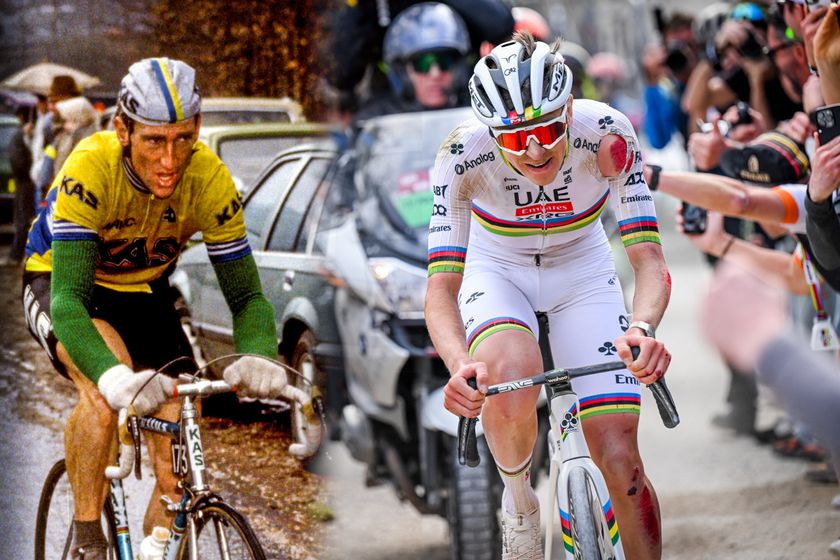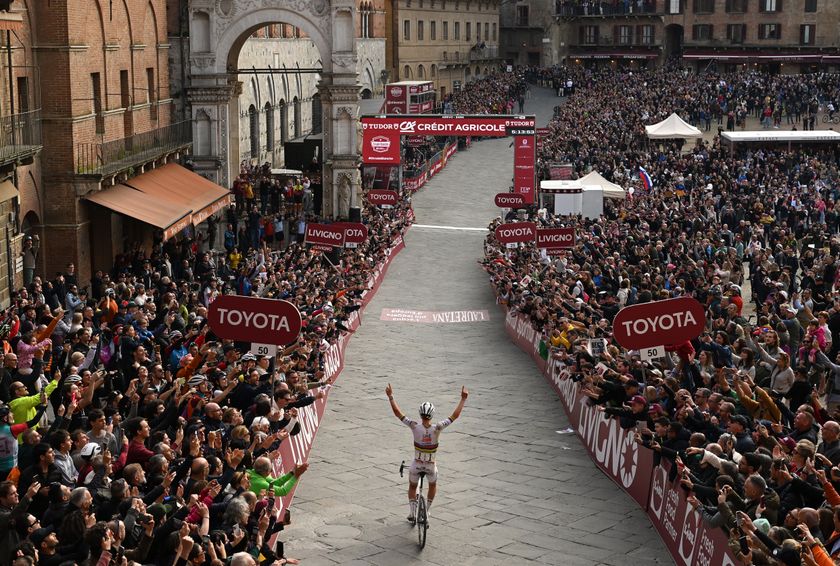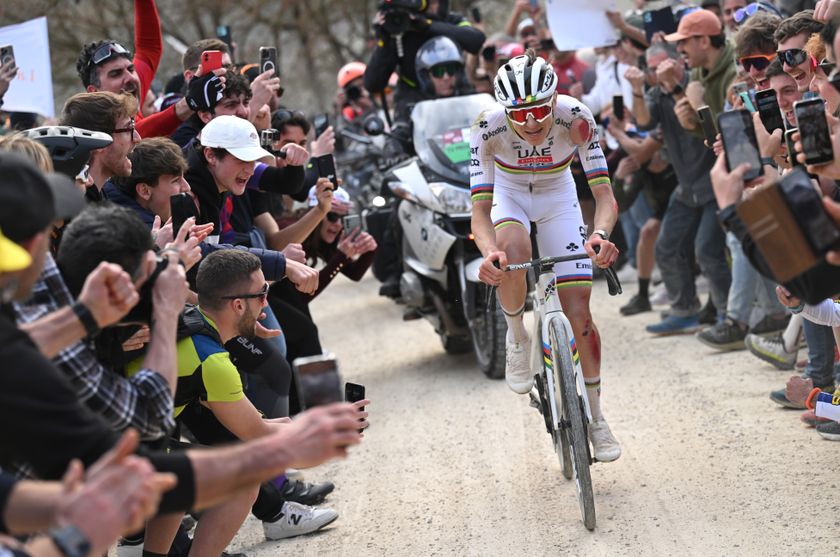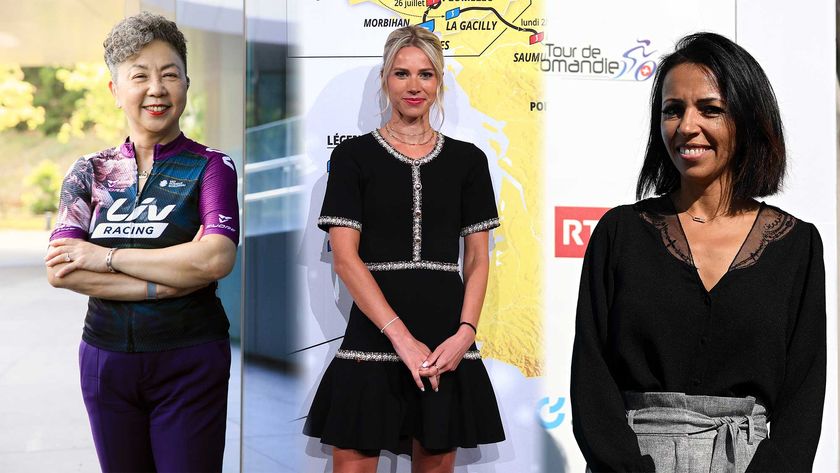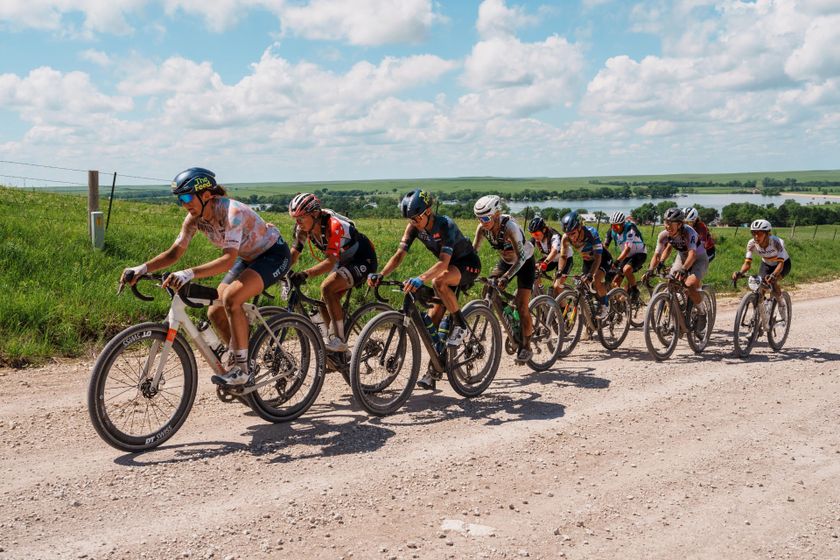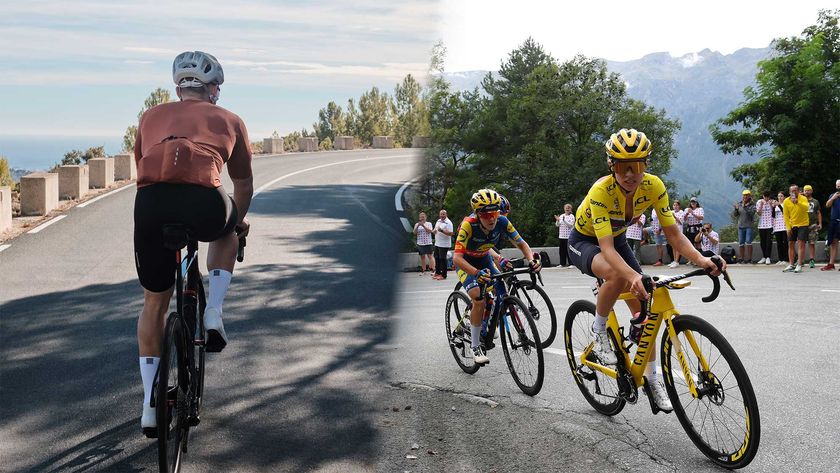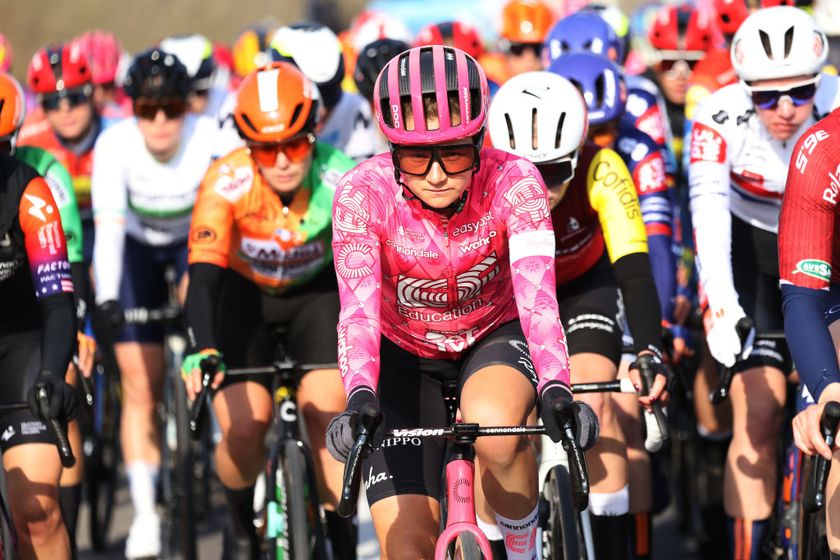Dan McLay: Portrait of a sprinter
Procycling feature: It's been a long journey so far and there's still a way to go





This feature is from the March 2017 edition of Procycling magazine
When 19-year-old Dan McLay turned up in Belgium as a Dave Rayner-funded rider, his new host, the 1989 British road champion Tim Harris, noted his shyness. "He was really quite quiet and not very outgoing, but slowly as he got to know us and other people in Belgium, he came out of his shell," Harris recalled.
McLay may have been quiet around the house in those first few months of 2011, but his legs did the talking for him. He'd lived on the Continent barely a fortnight when he won the GP Stad Waregem (the U23 version of Dwars door Vlaanderen) from a field of 245. "He was perfect for Belgium," says Harris. “Big, strong, he can sprint and ride in echelons."
That first year, McLay won six races. In the process, McLay and Harris became friends. The Omega Pharma-Lotto-Davo development team that had handed him a couple of bikes, a race programme, and instructions to get on with it invited him back for a second year. The Dave Rayner Fund, which supports young British and Irish riders striving to turn professional abroad, invested in the New Zealand-born, Leicester-bred rider again. The pattern repeated in the next two years, though the win rate had slowed. But in the fourth year – 2014 – the wins in big U23 races came: stages in the Tour de Normandie and the Tour de l'Avenir.
Four years riding for the Lotto development squad represented a fairly long apprenticeship, especially given that fellow Briton Adam Blythe before him, and James Shaw afterwards, signed contracts with Lotto's WorldTour squad after less than two years. When the contract did materialise it was with the French Pro Continental squad, Bretagne-Séché Environnement; not the WorldTour start McLay may have secretly hoped for, perhaps, but as the 25-year-old notes with a smile, "It's worked out alright."
When he joined the Breton outfit, his old reticence came back, partly due to the language barrier. "I tried not to force English on them… I'd rather just try to fit in. I felt quite relaxed, though, and it feels like I've come out of my shell now."
He must have relaxed, as 2016 was his best season yet, with two French one-day race wins and a remarkable showing in the Tour's opening week on his debut. In 2017, sporting a burgeoning handlebar 'tache, he reached a canter before January was out with a victory in the Trofeo Palma against stiff, if low-form opposition: Nacer Bouhanni and André Greipel. This, unfortunately, was marred by a crash after the line when he collided with an out-of-position photographer.
Get The Leadout Newsletter
The latest race content, interviews, features, reviews and expert buying guides, direct to your inbox!
One gets the feeling he's just hitting his stride. Looking back, McLay had covered a great deal of ground to get here.
Procycling met McLay on the eve of the Bretagne Classic last year. The first thing that strikes is his thick trunk and broad shoulders beneath a wispy quiff. He could be a rugby player. He observed how his approach to his profession has changed over the past six or seven years. Brought up in a cycling household – his dad was a pro in his native New Zealand and subsequently became a coach – learning about training and nutrition used to be all-consuming. It's an aspect of his character that Harris corroborates: "Dan was completely professional when he was amateur. He was always looking at different training methods, and he spoke to his dad about it a lot. He took advice from lots of people and then decided for himself what was the best.
"He had every diet book and knew every single thing about which food did what," Harris remembers. "He could cook a completely unbelievable meal – he could probably open a restaurant, he's that good – but it would be really healthy as well."
"Tim always exaggerates," McLay counters in a follow-up call. But he did coach himself through his junior and early amateur years. "I was pretty good," he insists. "It wasn't like I left the house and thought 'What am I going to do today?' I really thought about it and what I needed to do to win certain races.
"Tim also had a great philosophy… It's better to be rubbish 80 per cent of the time and 20 per cent good. There's no point just being average." It was a way of thinking that probably sustained him through the difficult middle years in Belgium when the big wins were scarce – one or two a season.
Looking back, those years in Belgium were a useful testing ground to figure out where his strengths lay. "The races that I was doing back then would be a sprint in the pros, but there was a lot less control in the amateurs. At the end of the day, yes, I was a sprinter, but I still had to race it. When I started just racing I actually rode better than when I was waiting and thinking about the sprint."
He's mellowed in other ways, too. Now he's based in the Anglo-Saxon cycling enclave of Girona. He's among friends: Britons and Antipodeans mostly. While the hedonism of a student lifestyle isn't an option, he does go for the odd gin and tonic and meal out once in a while. "You can have a social life and go out for a couple of drinks every now and again. Going out for dinner isn't killing anyone."
McLay recognises that too much time alone is good for neither his head nor his body – something else that may have come from Harris, who made his riders help out in his business selling chairs. "It could be quite annoying sometimes, but it was good – it stopped you sitting on the sofa watching bike races," says McLay.
"Now, I'll drag myself around town and see a few people and go for a coffee; just to try to create a normal social life of sorts. The guys I hang around with are pretty happy for the conversation not to go anywhere near cycling.
"I'm not good by myself. I just get too lazy – I still go training but it might happen at two in the afternoon – maybe not always but just towards the end of the season. Plus, I know I ride good when my head's good, so I look after that."
The search for what works started to yield results in 2016. McLay finished 10th at Scheldeprijs without any team assistance, doggedly protecting his position near the front of the peloton in the final 10km. Wherever Mark Cavendish was, McLay hovered at his shoulder. Just over a week later, at the GP de Denain, the breakthrough came when he threaded an impossible path through the head of the peloton and blew past a dozen riders in the final 100m. It was his first pro victory in Europe. The aerial video of the last 10 seconds became one of the wow moments of the year as McLay demonstrated the track skills that had propelled him to a junior madison world championships win in 2010. A month later, at GP de la Somme, he beat Nacer Bouhanni in a straight-up sprint. Less showy, but the man-to-man battle for the line and beating of the best sprinters in the world means McLay favours the scalp over the spectacle.
Then came his Tour call up. McLay arrived in the Cotentin peninsula in northern France in early July without expectations. In the first week he excelled. In the four bunch sprints that first week, he finished top 10 every time: 9th, 9th, 7th, 3rd. As debuts go, it outstripped Mark Cavendish's appearance in 2007. On stage six into Montauban he was a narrow third behind Cavendish and Marcel Kittel. "It was good to know that the guys who are winning there aren't on another level," McLay says. "It's just a small step up rather than a huge bridge to cross."
Other riders like Kittel and Greipel said the finales were more chaotic than usual – mainly because GC teams were riding at the front in the technical finales. But McLay disagrees. "The races I was doing before were worse, but because the speed at the Tour was higher, there was more space to move around. With the extra speed you have fewer guys contesting the sprint. There weren't three riders from one team having a pop."
Nor was it perfect, though. After each stage, Procycling visited McLay as he diligently if half-heartedly carried out his warm-down. He was hardly beaming. "Apart from the third place in Montauban, it was before the sprint where it was going wrong. I was either going backwards just before it started or looking for a wheel when I should've been going forwards," he reflects. "So much comes down to what happens before the sprint as well; you can look and guys might have done the last 3km the same, but what happened before that and in the days before makes the difference then."
After that great first week came the mountains, where McLay endured an intense, painful, and often lonely ride through purgatory. In the stage to Culoz he flirted with elimination on his own behind the autobus. But in the mountains, McLay most impressed Harris. "It's easy to be jumping up and down when he's going well, and he was within expectations for the sprints, but it's when it's hard that he most impressed me," he says.
For his part, McLay has been happy at Fortuneo. The squad isn't the biggest, best-equipped or slickest, but he got to have a go at the Tour and, barring mishap, he will again in 2017. And while he makes his name, he gets every sprint he wants and has a big say in his race programme. Over the winter the team recruited a lead-out man for him, Erwann Corbel, who had ridden with the squad before and will give McLay a better route to the sprint.
McLay, as always, has a plan. His aspirations settle often on the Classics, and particularly Paris-Roubaix. "I'd like to be good in the Classics," he says, "but I need to keep working on that. It will come with generally getting stronger, having a Grand Tour in the legs and doing lots of long races that get the kilometres in. Winning more consistently in the sprints is the main goal for now, and I'd like to win a good couple of handfuls of races a year."
So the big Classics stay a sideshow for now. He's astute enough to realise that with his track record, talent, skills and perseverance, his career is a journey. Dan McLay is well on his way.
To subscribe to Procycling, click here.
Sam started as a trainee reporter on daily newspapers in the UK before moving to South Africa where he contributed to national cycling magazine Ride for three years. After moving back to the UK he joined Procycling as a staff writer in November 2010.
